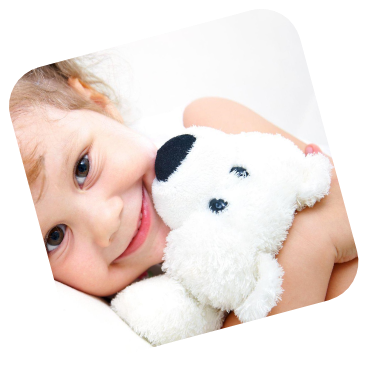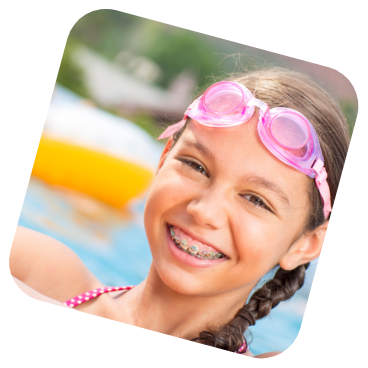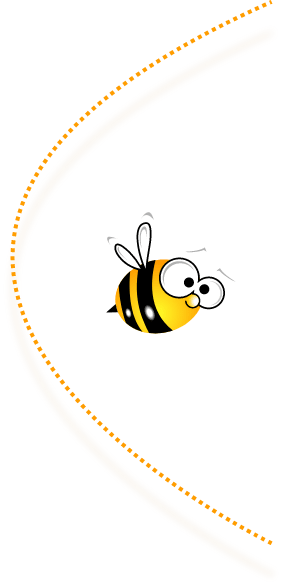
- Address 2148 Ocean Ave, Ste 401A, Brooklyn NY 11229
- Schedule Appointment
- Call Now 718-339-1810

The sooner children begin to form regular oral care habits, the more likely that they will enjoy healthy teeth and gums we hope for life. Dr. Khabensky DDS and Dr. Kim DDS strongly advise parents and caregivers to begin a good oral hygiene routine early, so your child can begin learning about oral hygiene and can understand why it is important. Also, when a child gets into a routine while still very young, they are more likely to realize daily oral hygiene is simply part of everyday life.
You can begin cleaning your baby’s mouth even before they have any teeth after each feeding.
Start by gently cradling your baby, supporting the head with one hand while using your other hand to carefully wipe their gums with a clean damp washcloth or gauze, or you can use a xylitol wipe. Once your child has their first tooth, you can begin brushing it gently.
Use a soft-bristled baby toothbrush to clean your baby’s teeth. Dr. Tracy or Dr. Igor can advise you if it’s appropriate to use fluoride toothpaste.
Using fluoridated toothpaste can be useful for children who have a higher risk of developing tooth decay. If you do use fluoride toothpaste, you only need a small smear to clean an infant’s teeth up until age two.
Remember, they cannot spit out any excess toothpaste at this age, and it shouldn’t be swallowed.
From age two until age five, use a pea-sized amount on the toothbrush and encourage your child to spit out the excess. At this age, you will need to brush your child’s teeth for them because they don’t have enough dexterity or coordination for this task.
By age six onward, your child may be capable of brushing their teeth on their own and will almost certainly want to have a go. Even so, you must continue to supervise them and make sure you inspect their teeth to ensure they are properly cleaned.
Your child can always brush their teeth on their own before you brush their teeth with them afterward. It can be helpful to guide their hand with your own so that they can learn the proper brushing movements and techniques.

During this time, we frequently work with parents and caregivers and can discuss which is the most appropriate toothpaste to use and how much. We can also discuss appropriate toothbrushing tools. One important factor is always to ensure your child uses a soft-bristled age-appropriate toothbrush that has a small enough head to fit right to the back of their mouth.
Dental health education is an important part of our Brooklyn pediatric dental practice, including habit therapy. When your child is old enough to begin brushing on their own, we can work directly with them, teaching them how to brush properly.
We can teach them how to floss correctly or how to use other tools to clean thoroughly between their teeth. Our pediatric dentists are experts at ensuring learning is fun and enjoyable! Also, we can explain why oral care is important, using terms they understand easily.
By gently educating your child and teaching them good oral habits, we can help them grow up with a good oral care routine that they can use for life.
We suggest children first see a pediatric dentist soon after their first tooth pokes through their gums, so we can assess the development of their teeth and jaws and monitor their dental health closely. Most children need six-monthly visits where we can examine their teeth and clean them professionally.

Children who have a greater risk of tooth decay or other dental problems might benefit from more frequent checkups every three or four months. When your child visits our practice, we assess their level of risk for dental problems and will advise you on how frequently they should visit us.
Pediatric Dentistry Center
2148 Ocean Ave, Ste 401A
Brooklyn, NY 11229
☎ 718-339-1810


